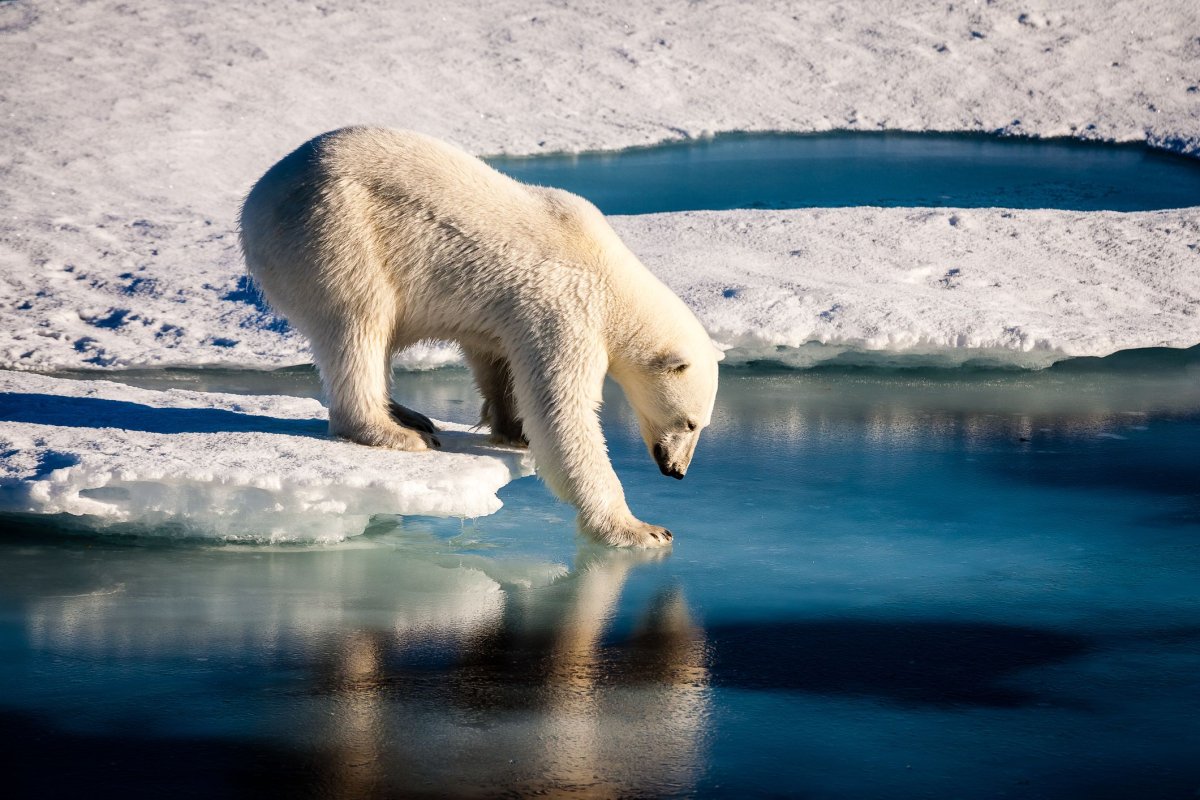More than 50 polar bears have descended on a remote Russian region in recent months, forcing officials to declare a state of emergency as the wild animals enter homes and offices and even attack people.
Attempts to drive out the bears with patrol cars and dogs are failing as the bears grow accustomed to the lights and noise, according to an official statement.
Russia's Novaya Zemlya is considering a cull to repel a "mass invasion" of polar bears, like this 1 in a young family's hallway. 52 bears counted in Belushya Guba. They should be hunting seals on sea ice but global warming is driving them to land @joli_mai https://t.co/h0HTZ3zWln pic.twitter.com/xYofvdizXb
— Alec Luhn (@ASLuhn) February 10, 2019
Between six and ten bears remain in the settlement of Belushya Guba in the northeastern archipelago of Novaya Zemlya at any one time, authorities reported. Some of them behave "aggressively," local administration deputy chief Alexander Minayev said, frightening the local population. Some 3,000 people inhabit the archipelago, Agence France-Presse reported.
"People are scared, they are afraid to leave their homes," Minayev said in the statement. "Parents are frightened to let their children go to schools and kindergartens."
Administration boss Vigansha Musin said he hadn't seen such a "mass invasion" of polar bears in more than 35 years on the island chain. The bears, he added, "literally chase people."
A vulnerable species, according to the International Union for Conservation of Nature's Red List, authorities are reluctant to shoot the bears. According to the official statement, conservationists with the Federal Service for Supervision of Nature Management in the Arkhangelsk Region believe that other options still remain.
A specialist group will be deployed to figure out how best to tackle the bears. A cull has not been ruled out, should authorities be left with no other choice, the Arkhangelsk government statement said.
As global warming and other factors put pressure on animals' food sources, polar bears are venturing closer to human settlements in search of food. The animals' habitats are under threat from melting ice, which drives them to spend more time on land.
A symbol for many of the perils of global warming, climate change deniers target the topic of polar bears to spread claims unsupported by peer-reviewed scientific literature online.
A 2017 study found one author in particular was enormously influential in the climate change-denying blogosphere—a writer that "had neither conducted any original research nor published any articles in the peer-reviewed literature on polar bears."
"We found a major gap between the facts from scientific literature and the science-based blogs ...and the opinions aired in climate-change denying blogs," study author Jeff Harvey from the Netherlands Institute of Ecology said at the time. "It's a very dangerous gap, as these blogs are read by millions."

Uncommon Knowledge
Newsweek is committed to challenging conventional wisdom and finding connections in the search for common ground.
Newsweek is committed to challenging conventional wisdom and finding connections in the search for common ground.
About the writer
Katherine Hignett is a reporter based in London. She currently covers current affairs, health and science. Prior to joining Newsweek ... Read more
To read how Newsweek uses AI as a newsroom tool, Click here.








